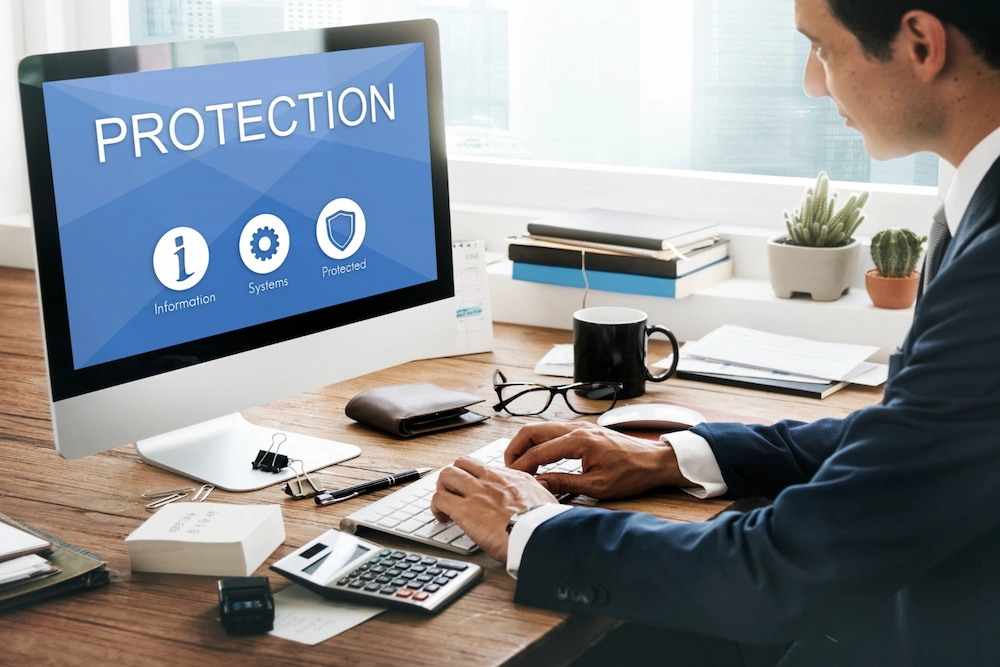
Is your computer really safe? In an age where digital threats are growing more sophisticated by the day, ensuring your PC's security is not a luxury—it's a necessity. Here’s how you can fortify your system against the relentless threats of viruses and malware.
Before diving into the defenses, it's crucial to understand what you're up against. Viruses are malicious software designed to spread from one computer to another, damaging functionality and stealing data. Malware, a broader term, includes viruses, spyware, ransomware, and more, all designed to exploit your systems and data.
The first line of defense against digital threats is robust antivirus software. Choose a solution that offers real-time protection, frequent updates, and comprehensive threat detection.
Cybercriminals exploit vulnerabilities in outdated software. Regular updates from the original vendors often include security patches that protect against new threats.
Weak passwords are a hacker's best friend. Use strong, unique passwords for different accounts. Consider a password manager to keep track of your passwords securely.
Phishing attacks are a common way for malware to spread. Always verify the authenticity of emails before clicking on any links or downloading attachments.
Your computer’s firewall serves as a barrier between your data and cybercriminals. Ensure it’s always turned on and properly configured to block unwanted traffic.
Secure your Wi-Fi network with WPA2 or WPA3 encryption and a strong password. Consider using a VPN when accessing public Wi-Fi to encrypt your internet connection.
Regular backups can save your data in the event of a malware attack. Use an external drive or cloud storage services to keep your data safe.
Slow performance, unexpected ads, and frequent crashes can be signs of malware infection. Regularly monitor your PC’s performance and conduct malware scans.
Understanding the latest cybersecurity threats and preventive measures can drastically reduce the risk of infection. Educate yourself and your network on safe internet practices.
If you suspect your computer has been compromised, consult with a professional who can provide specialized malware removal and system repair services.
Wrapping Up: Stay Vigilant In the digital world, vigilance is key. By following these tips, you can significantly enhance your computer's defenses against malicious software. Remember, the cost of prevention is always less than the cost of recovery. Protect your PC today!